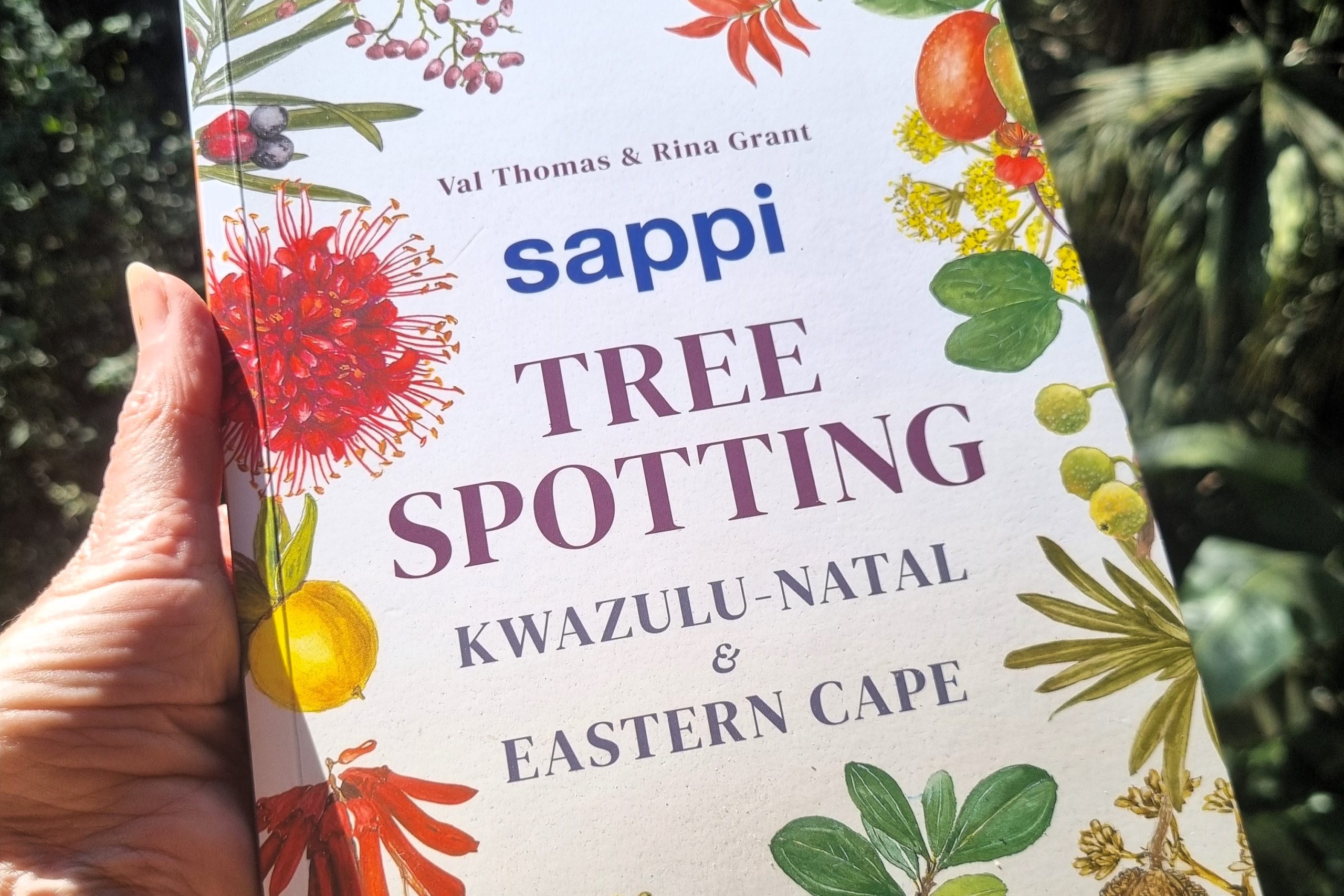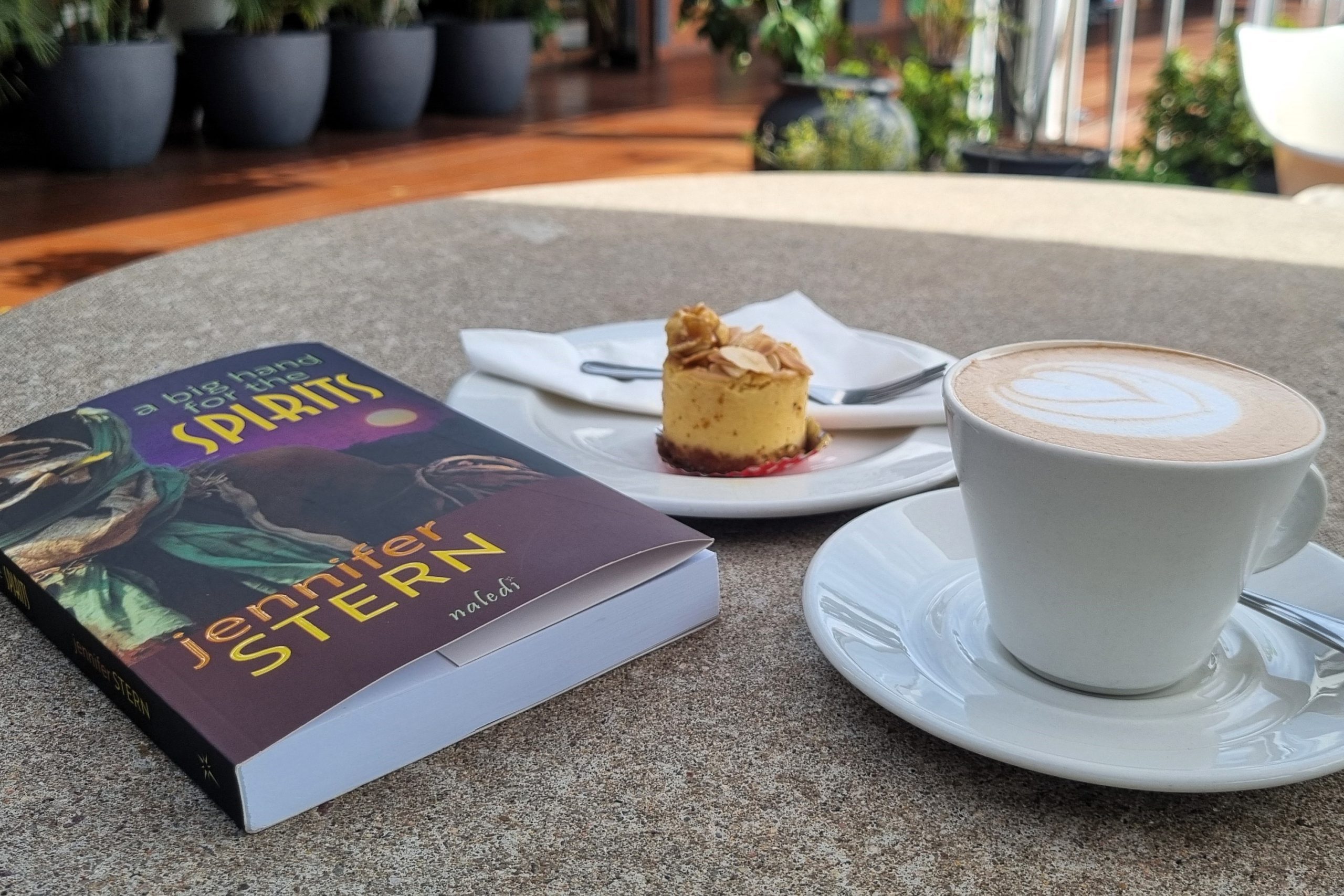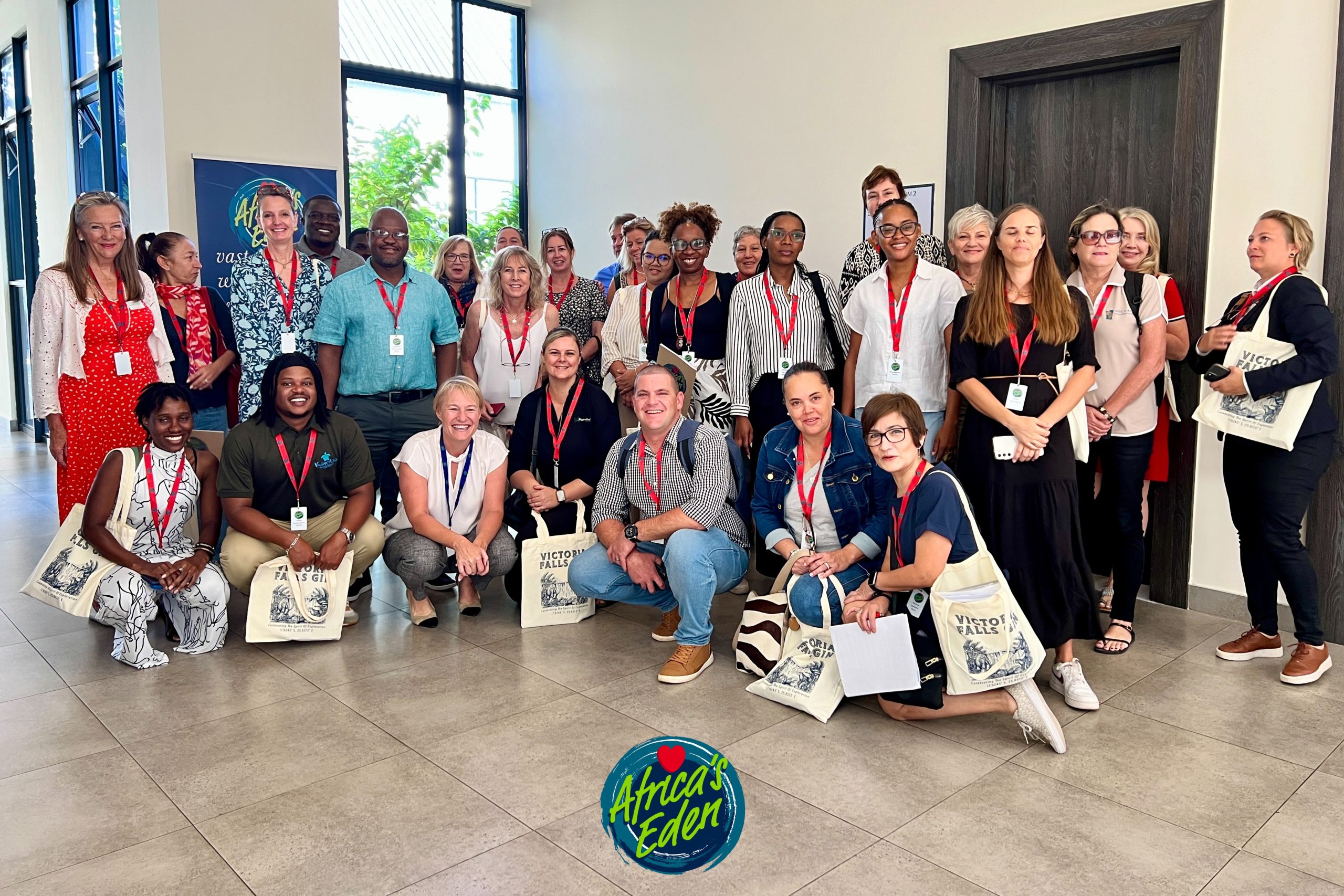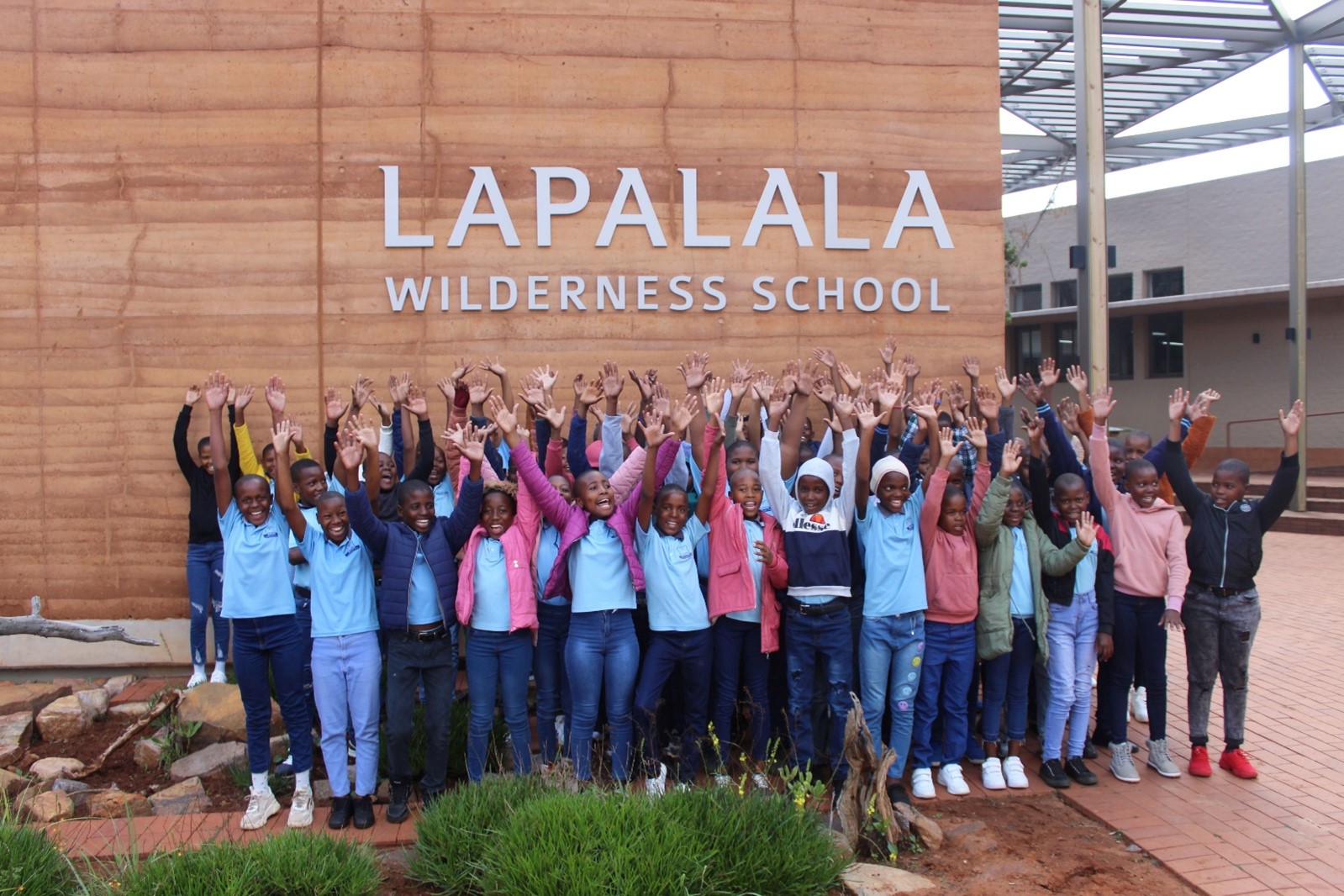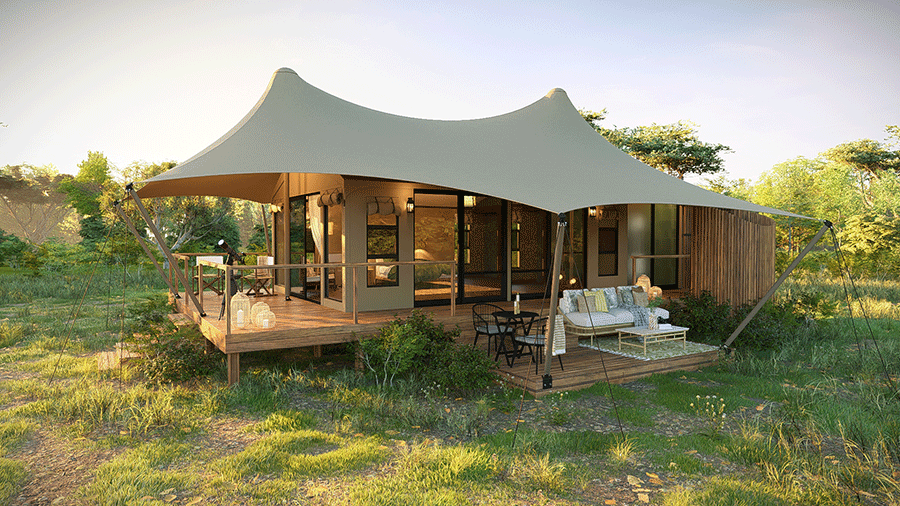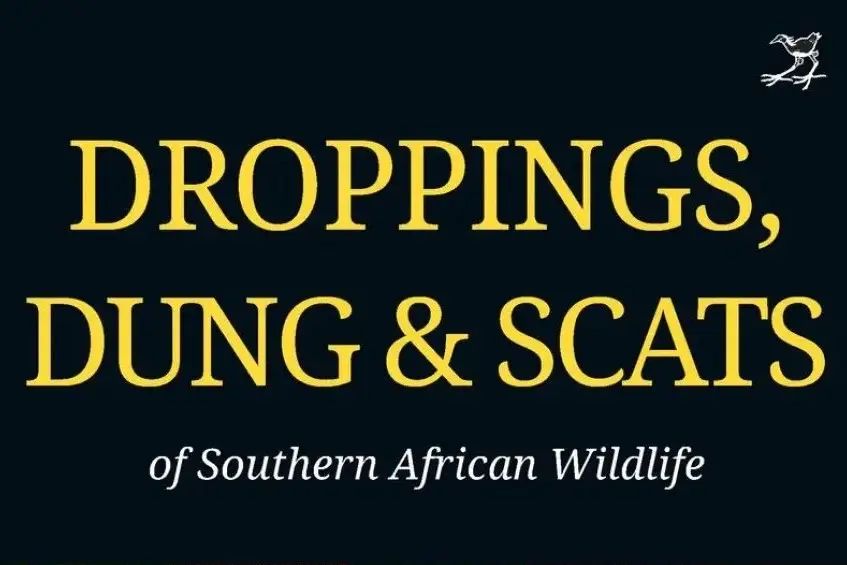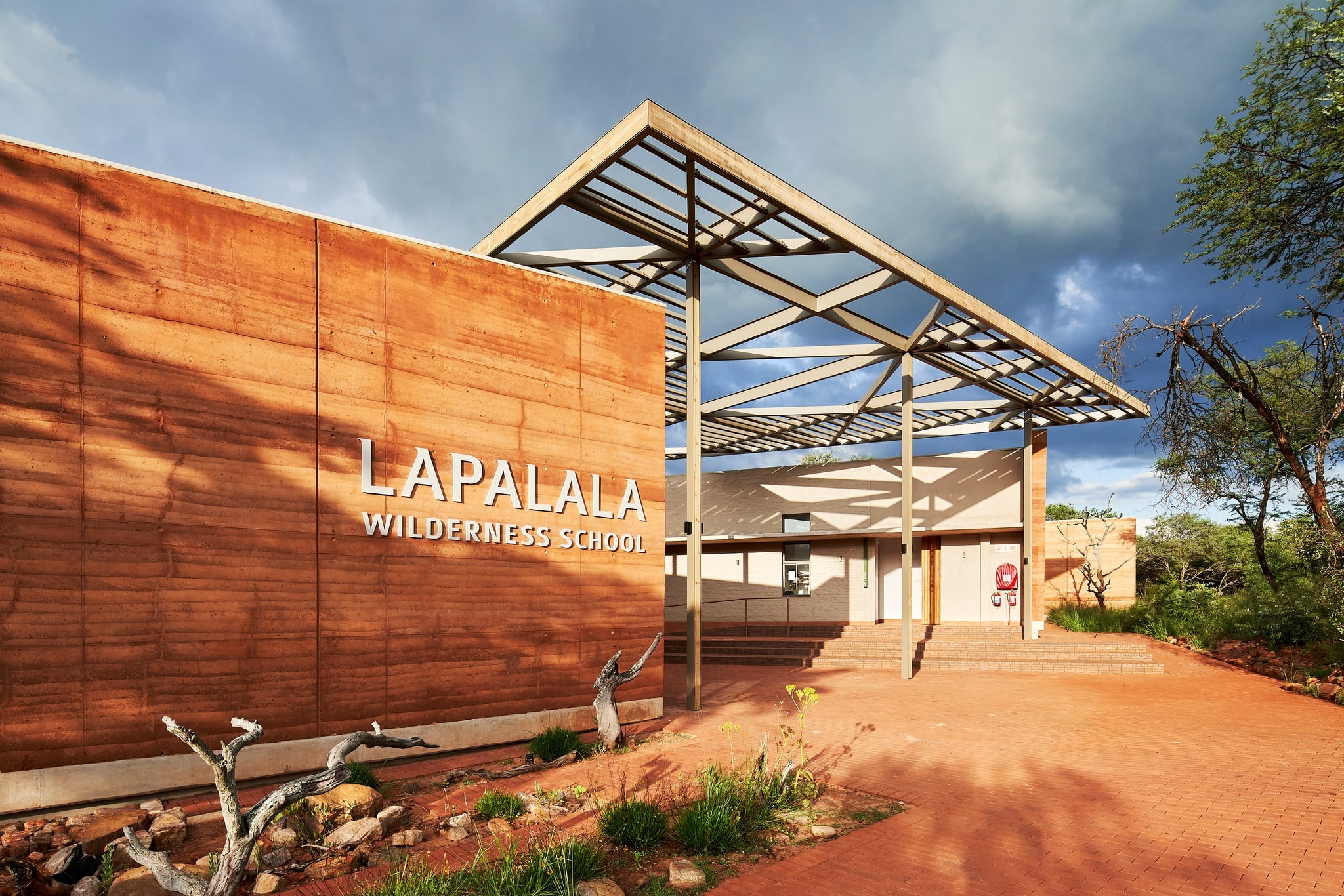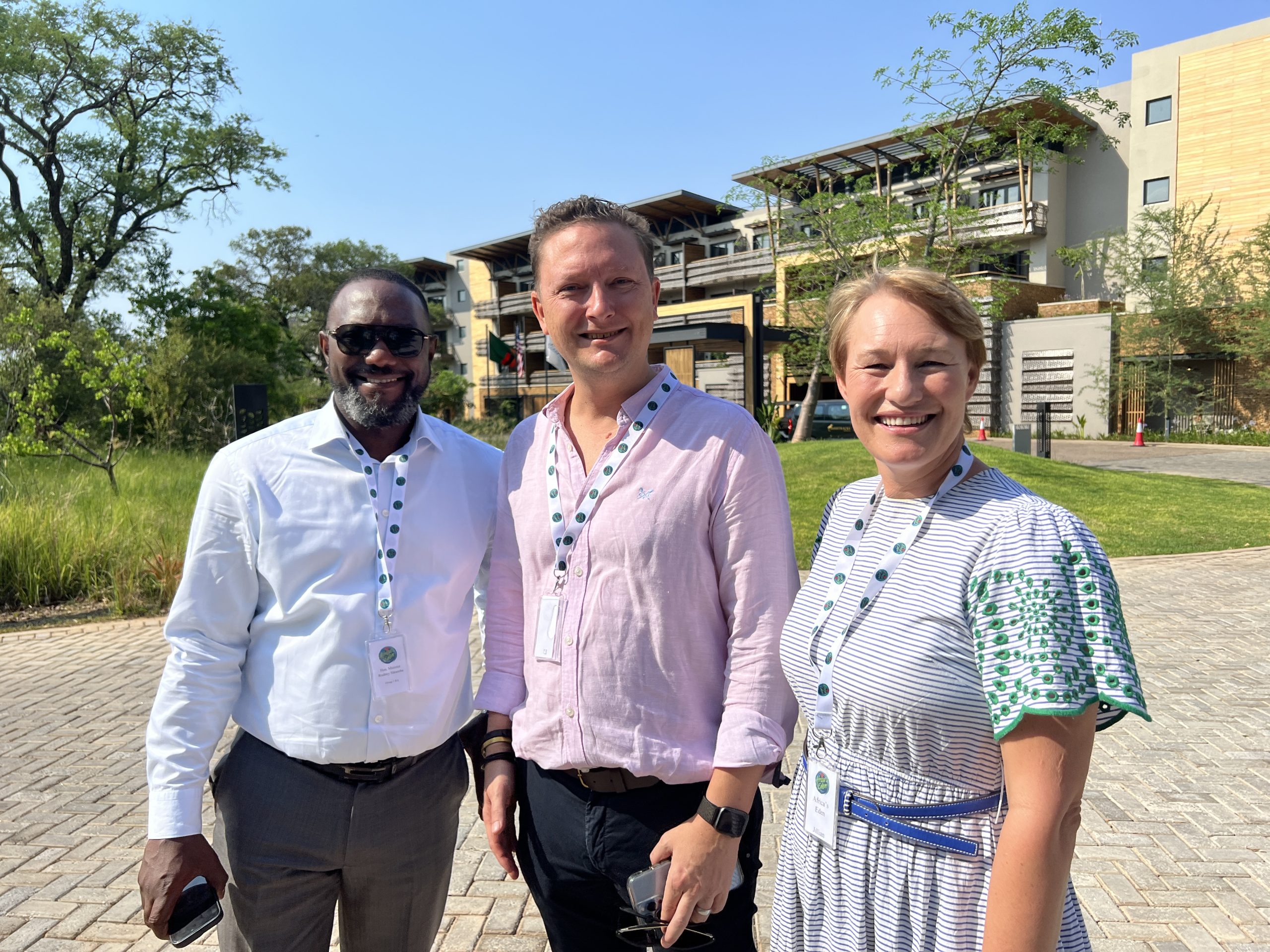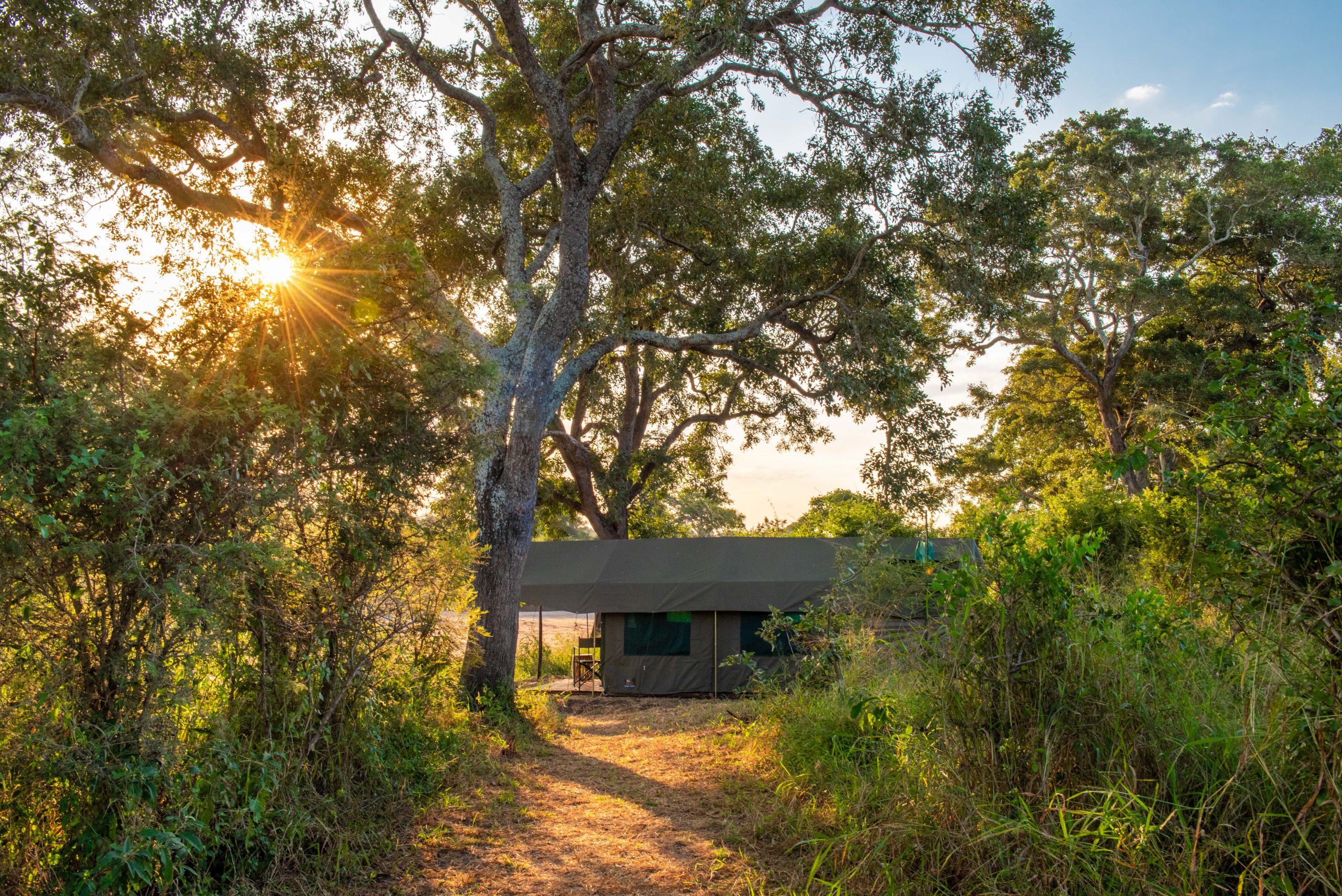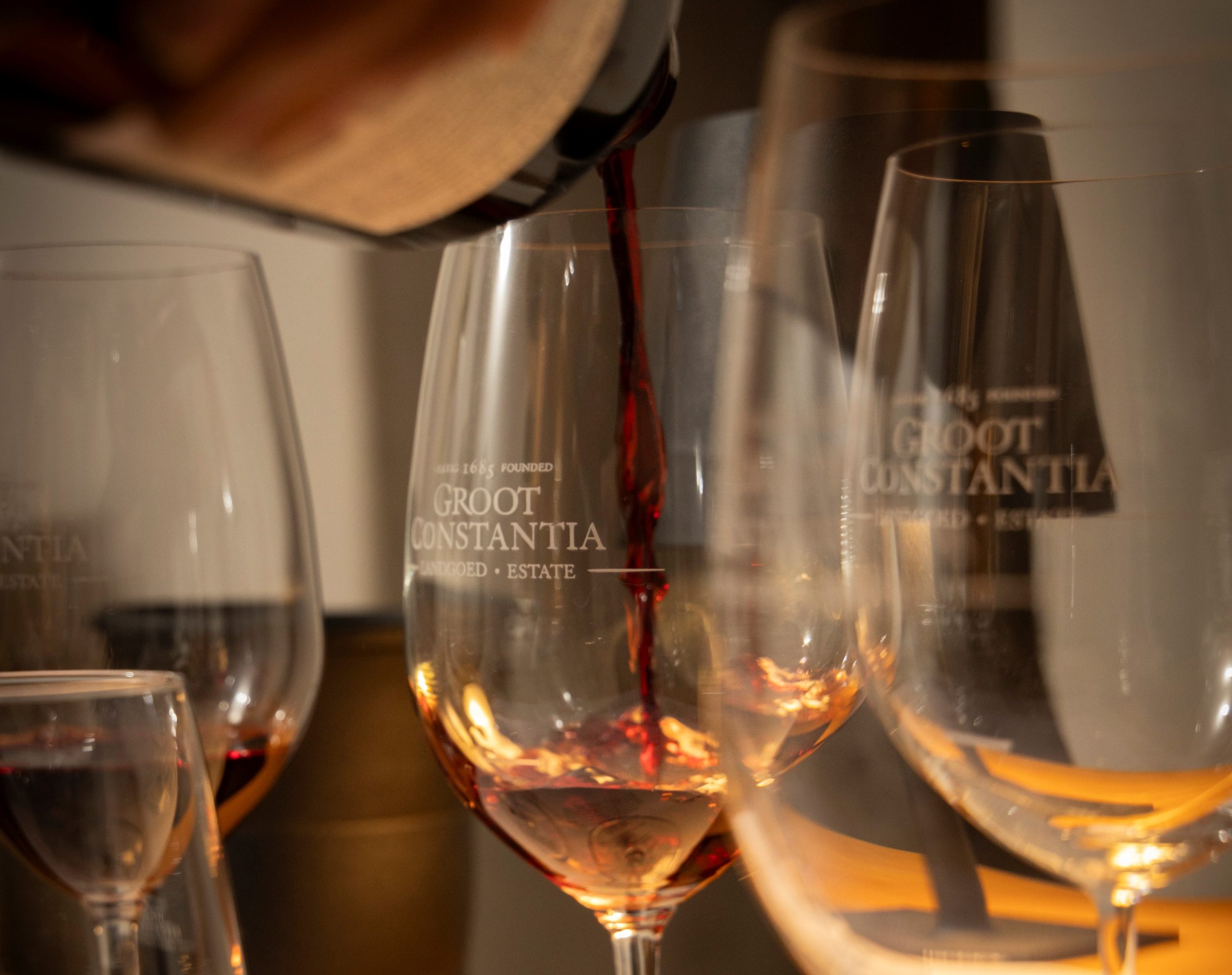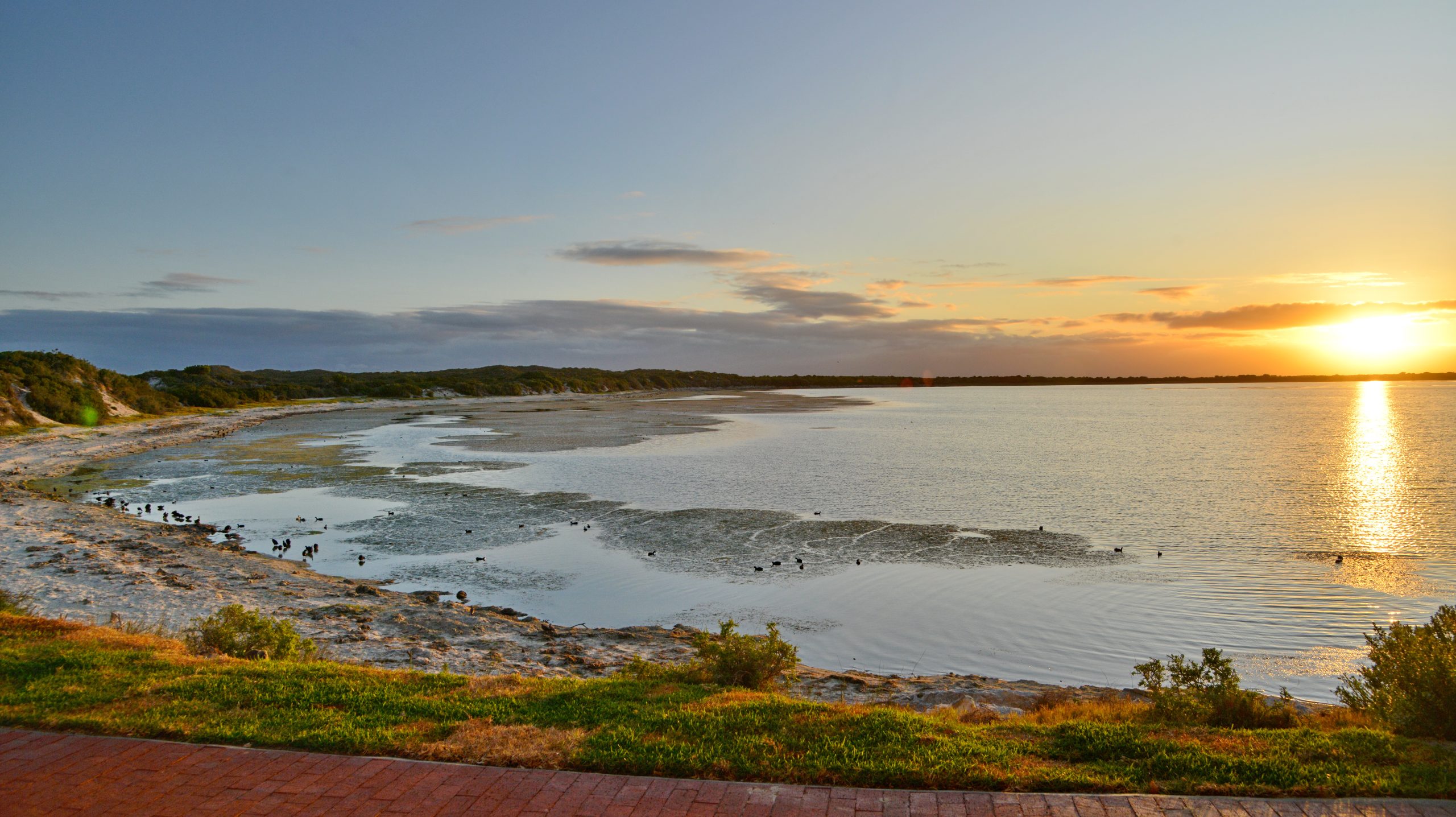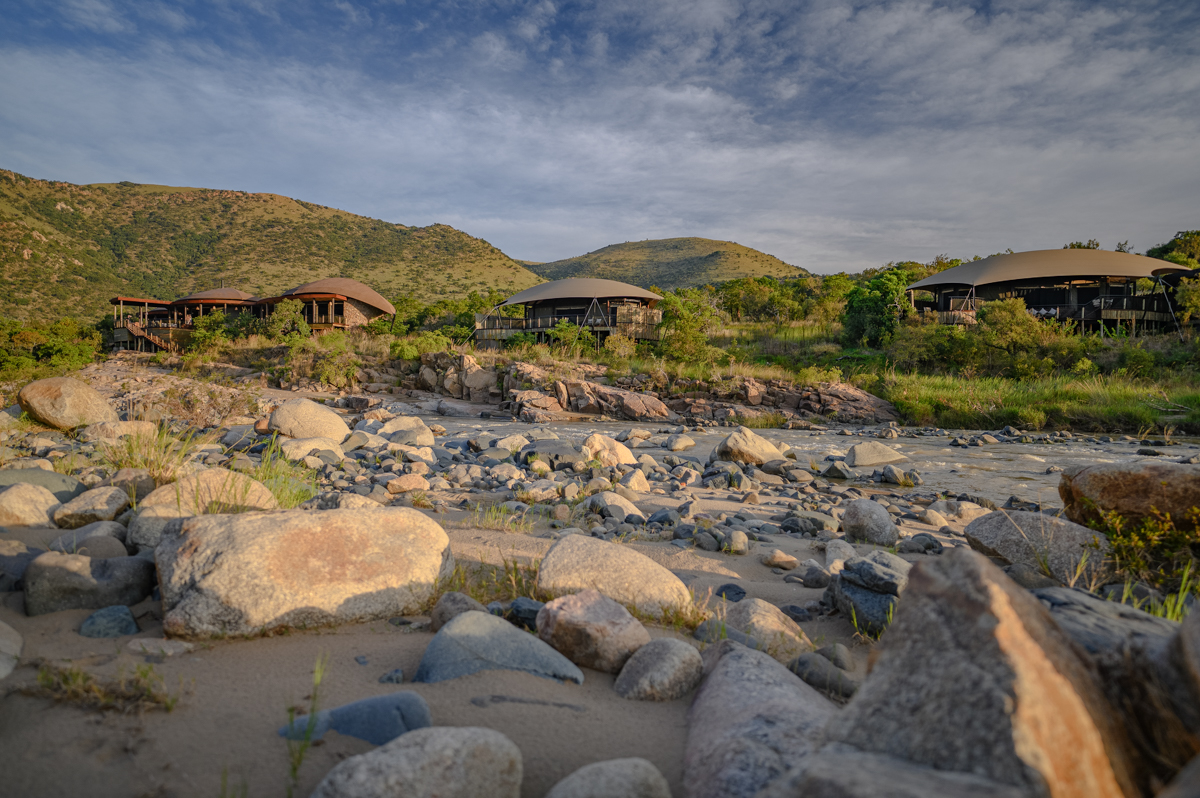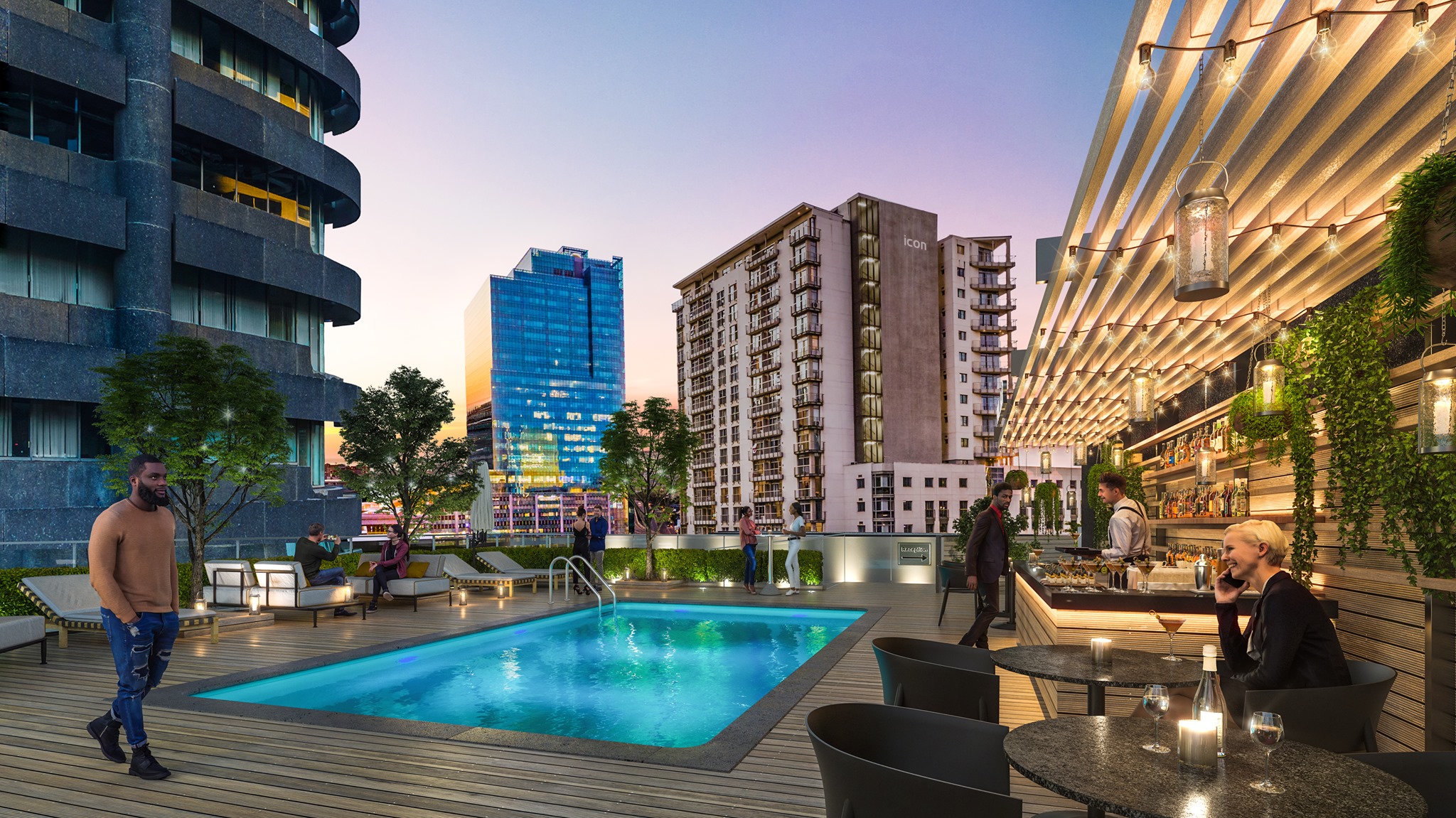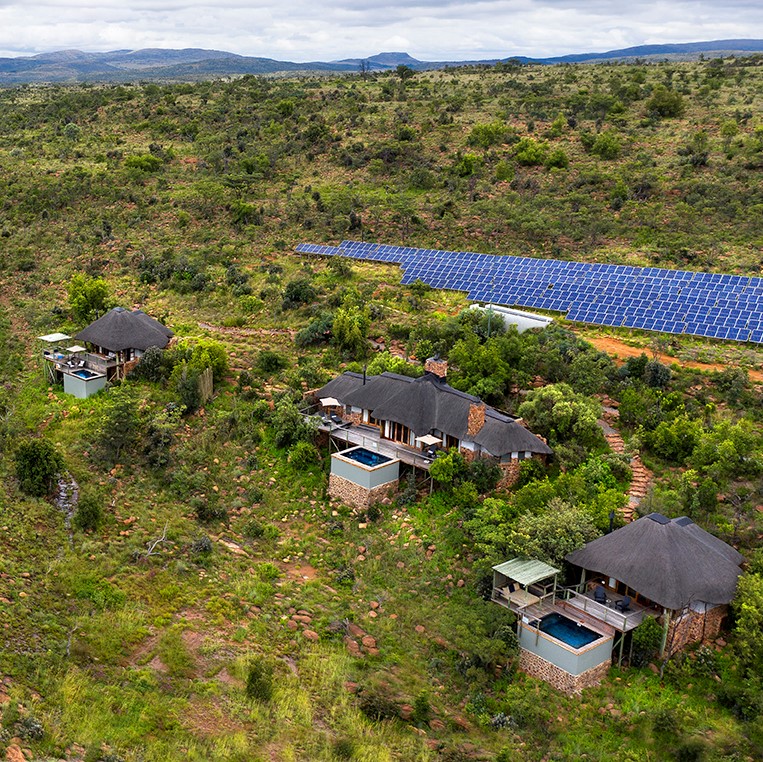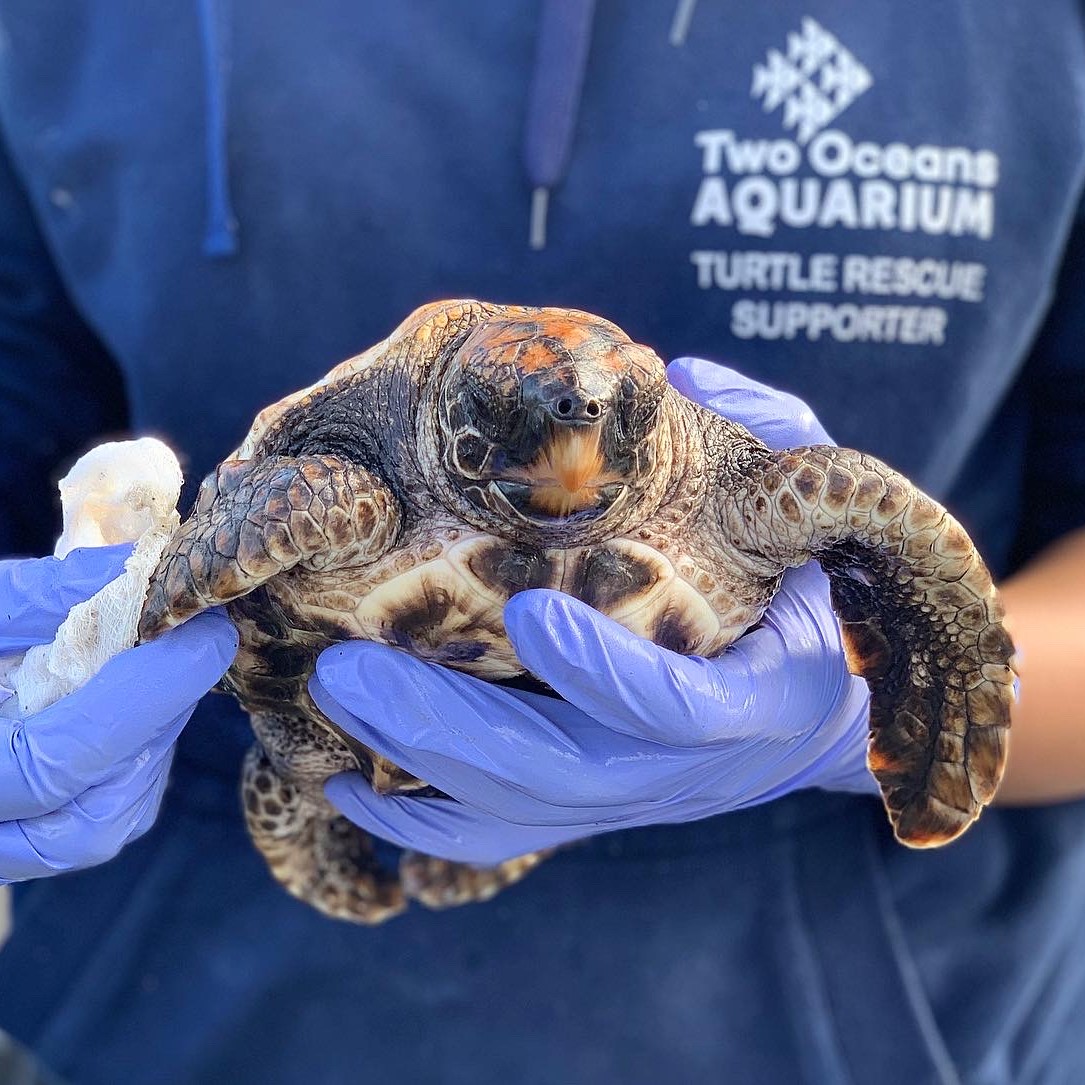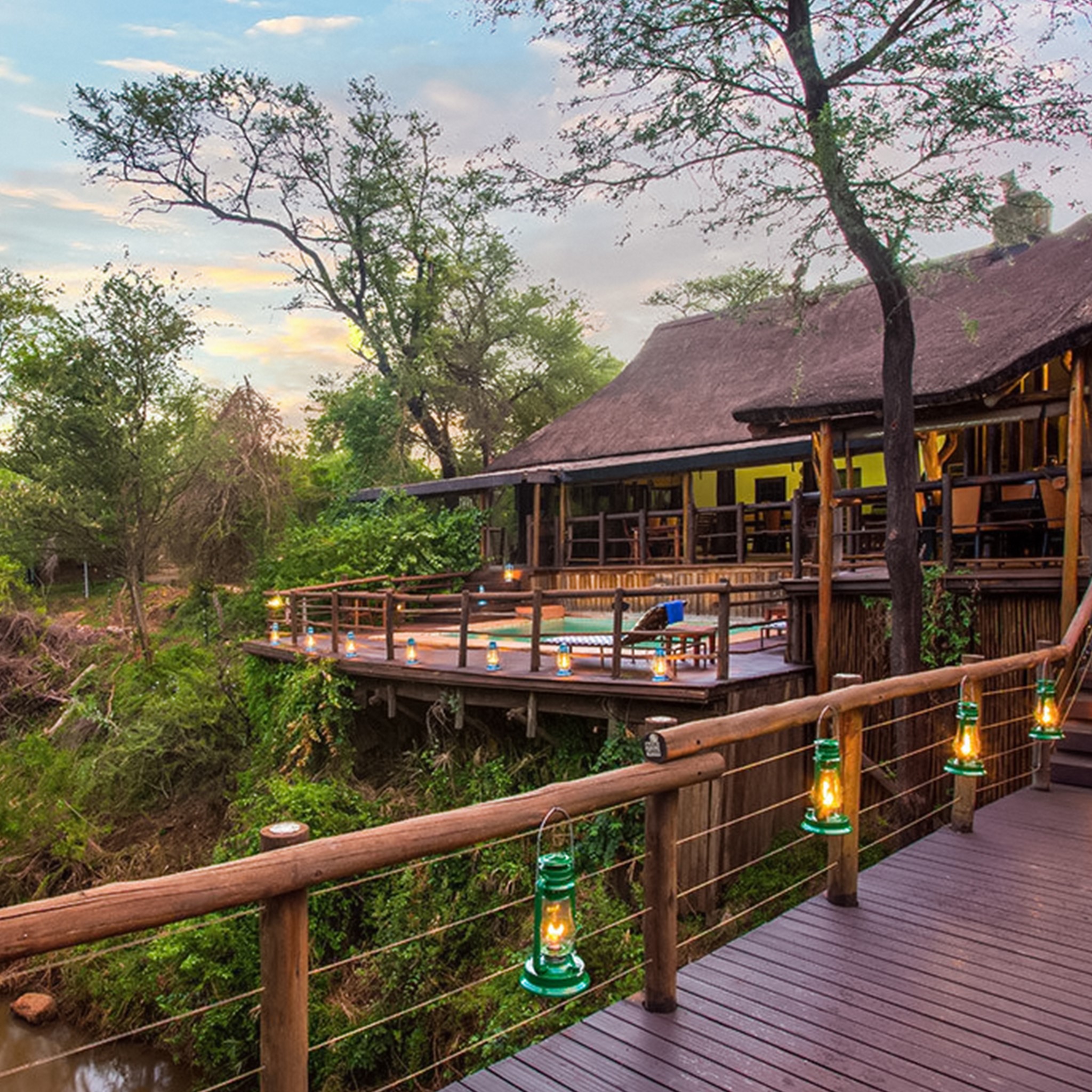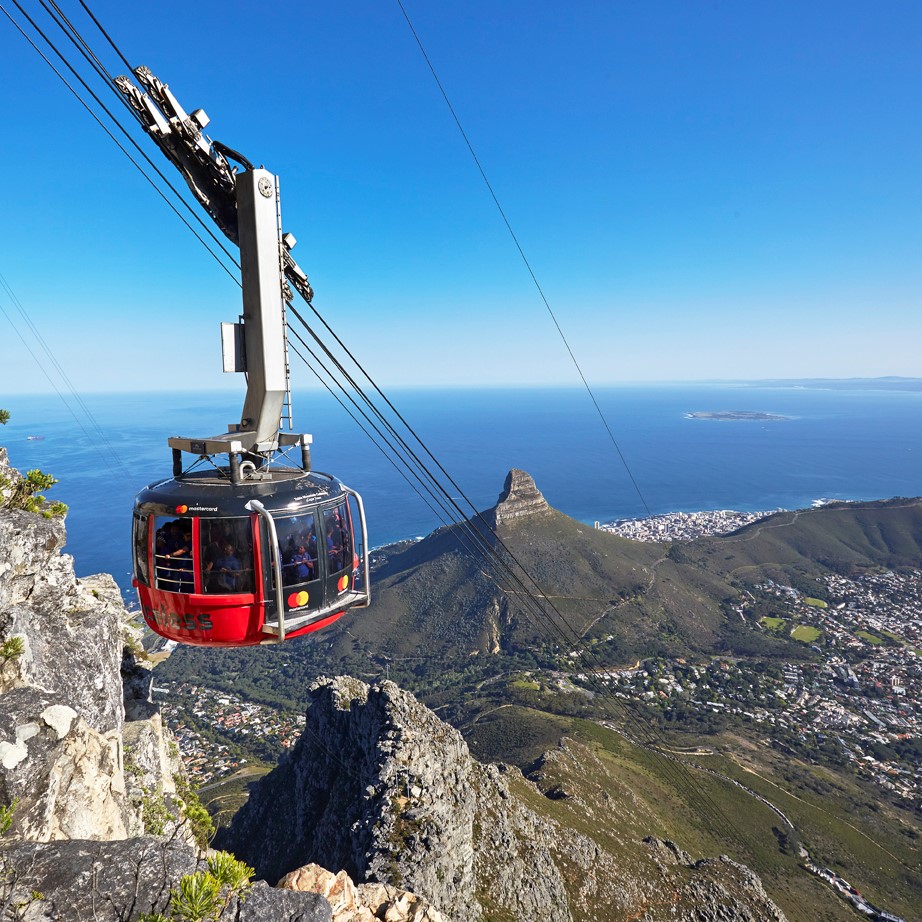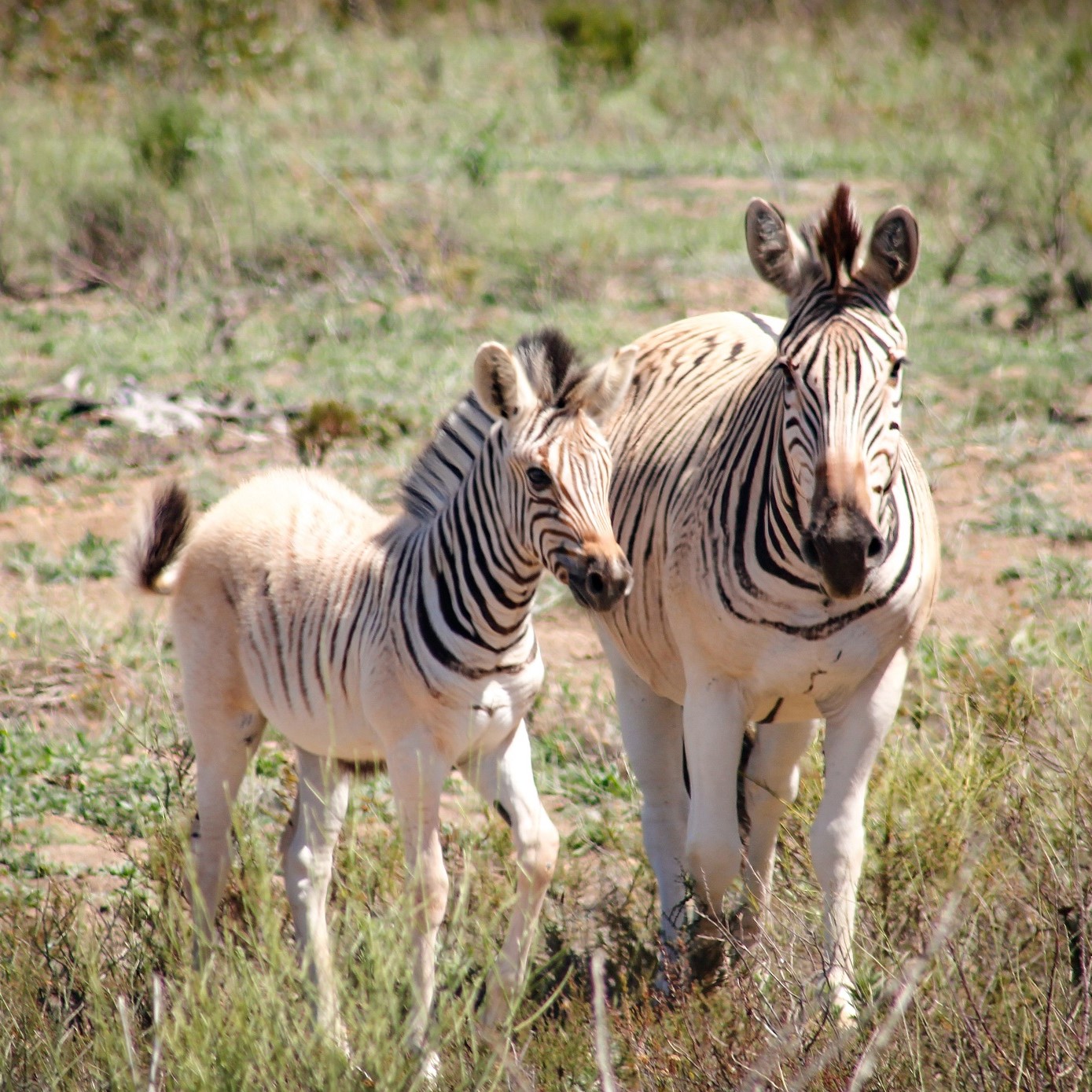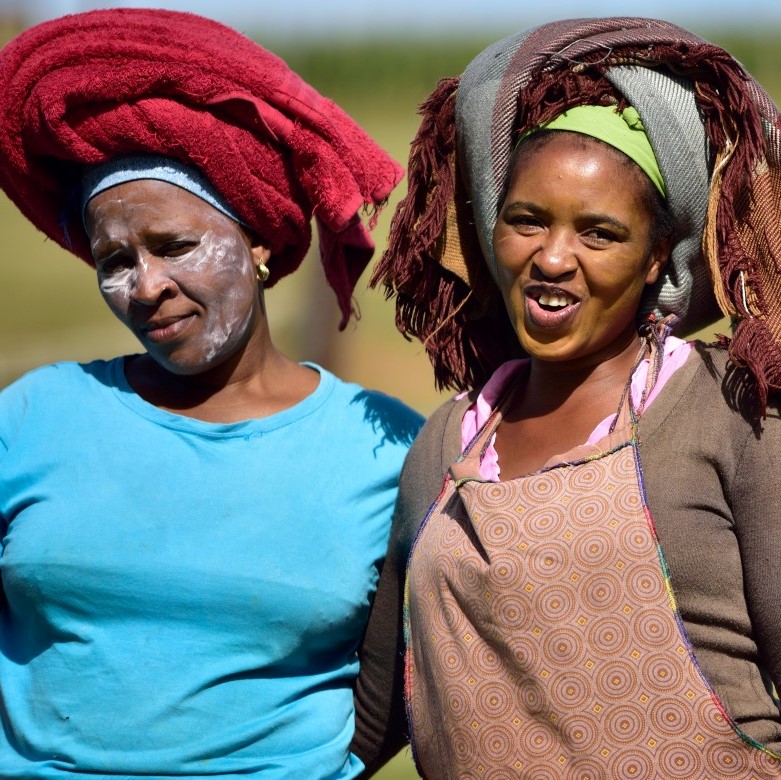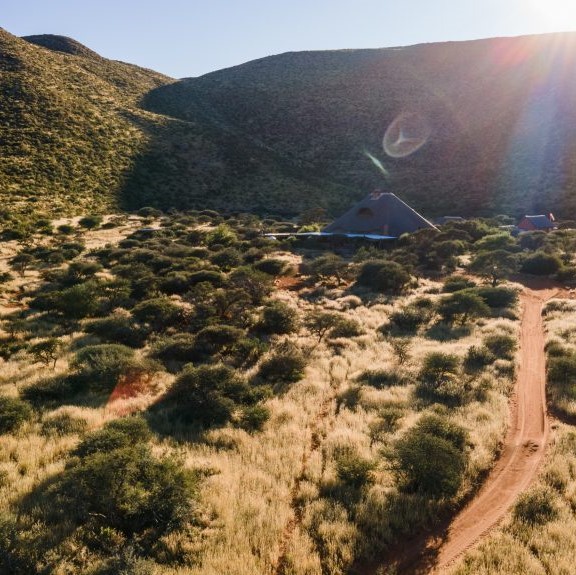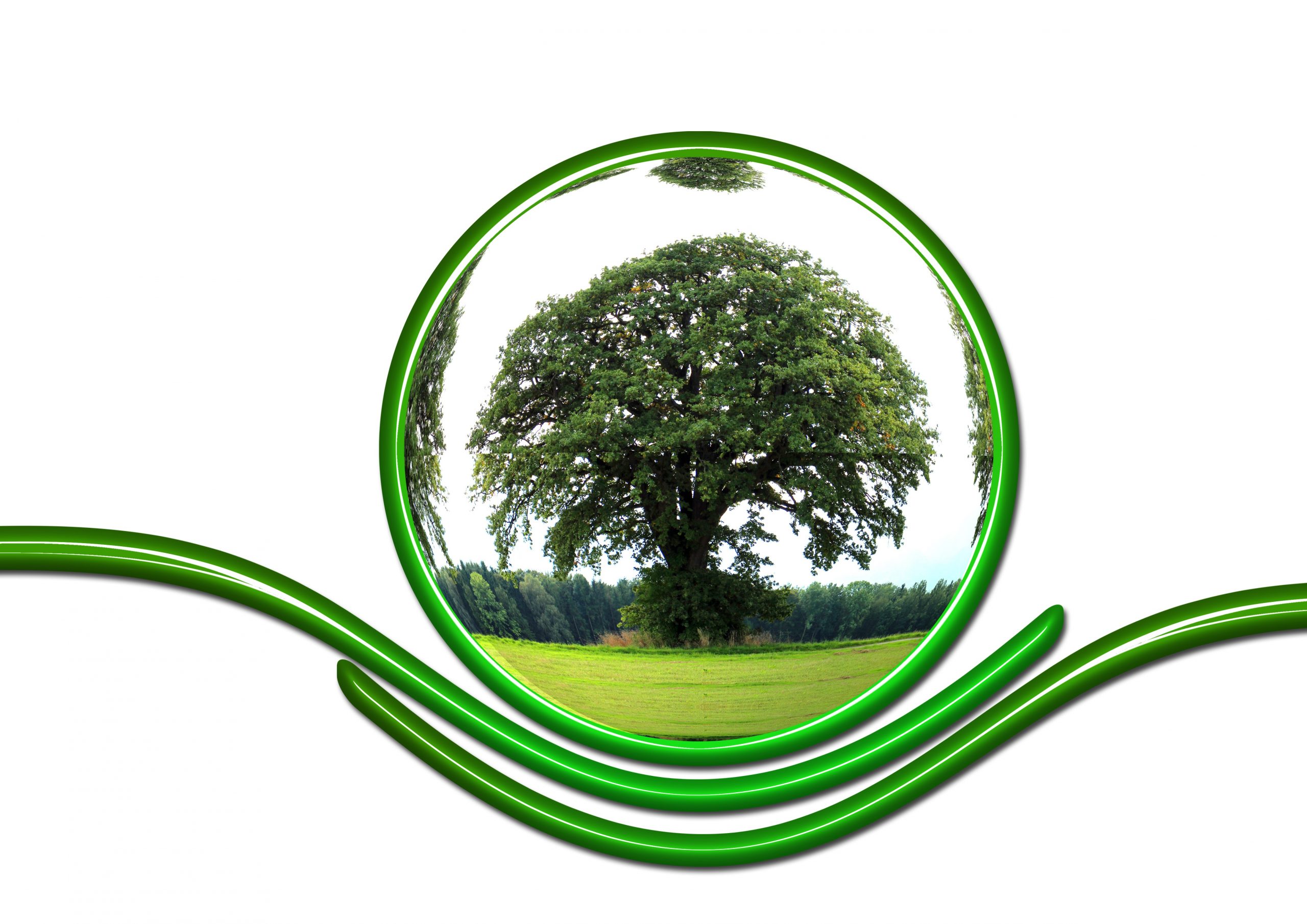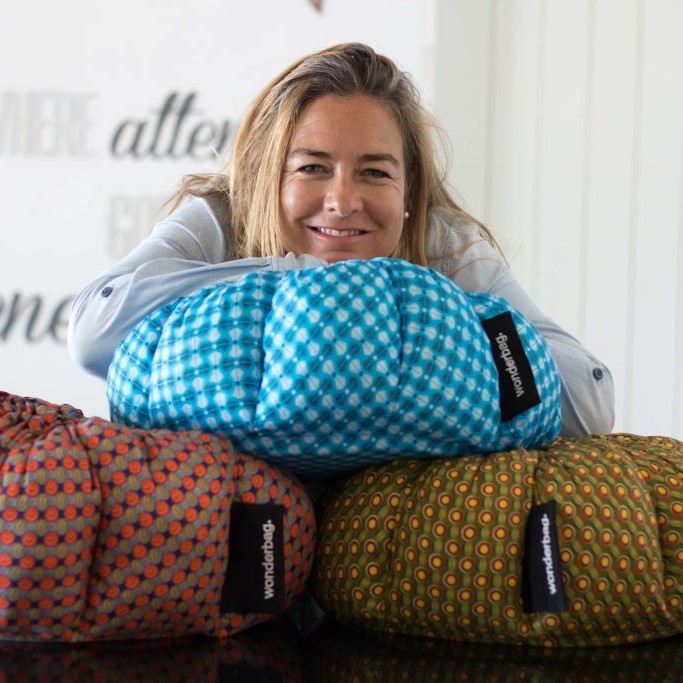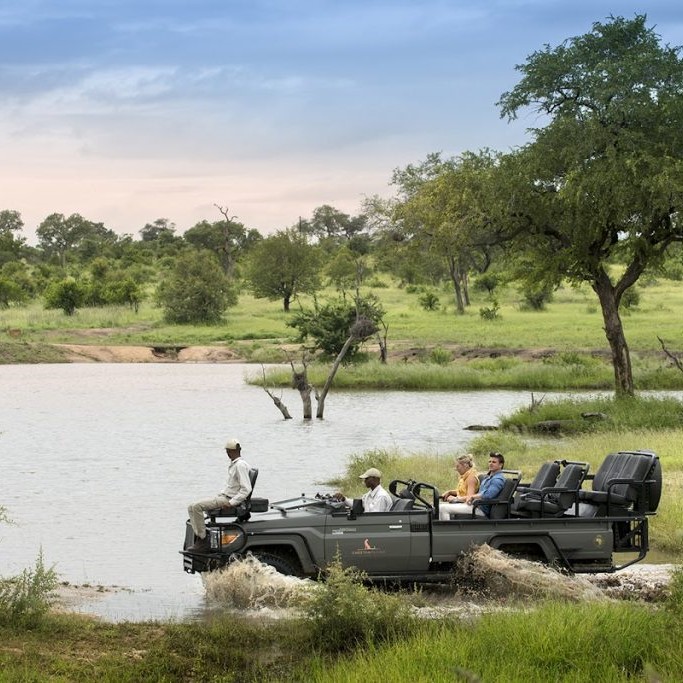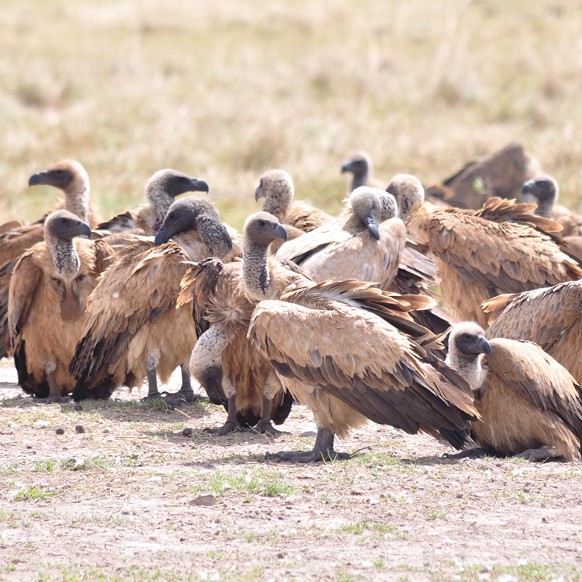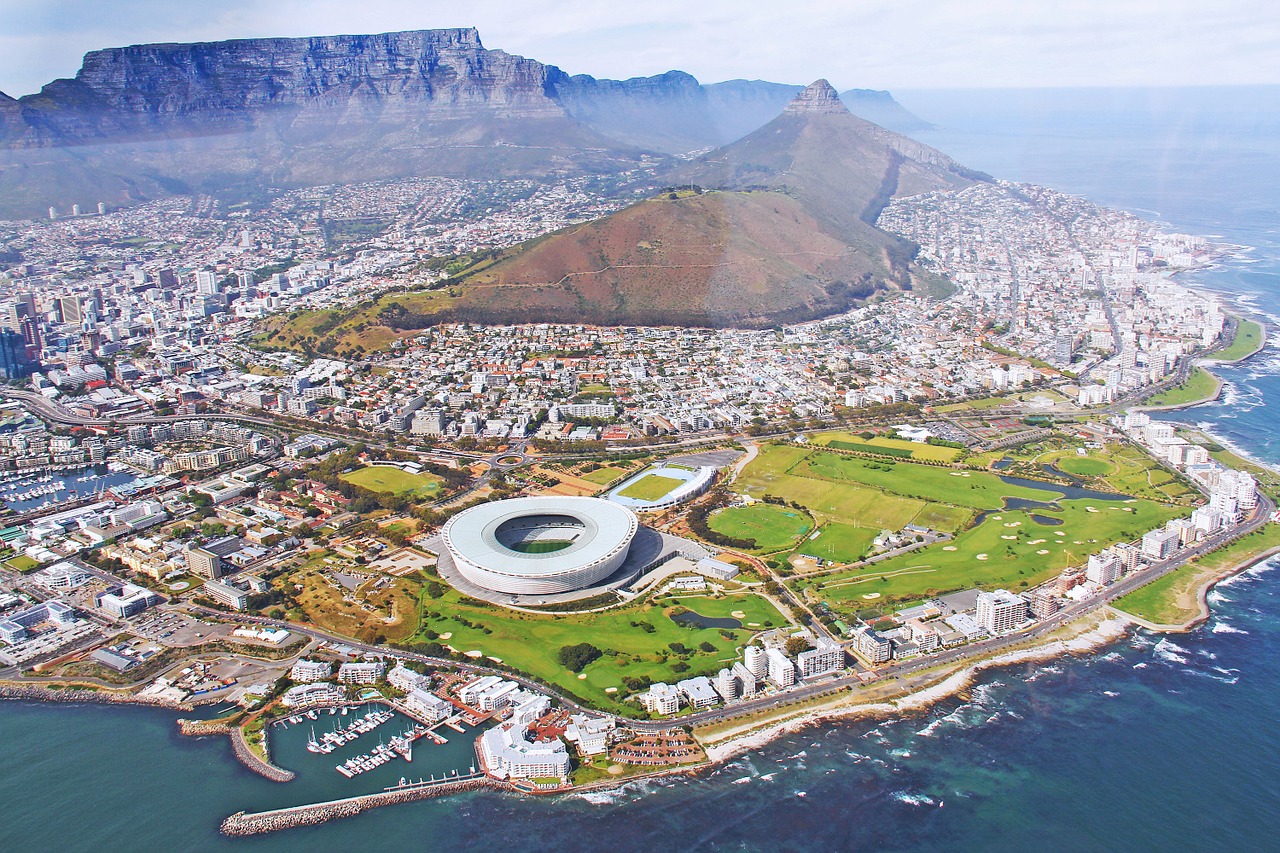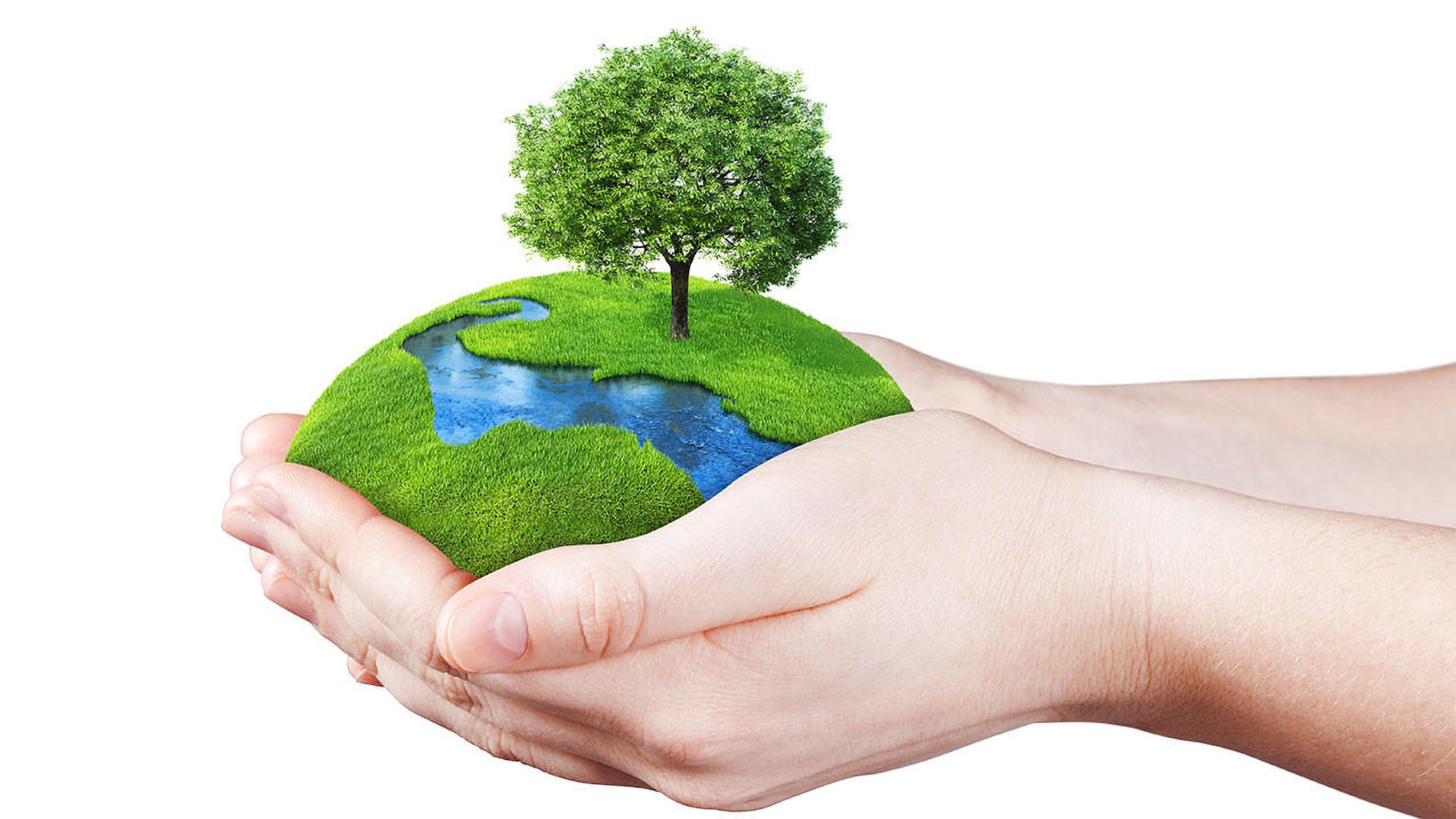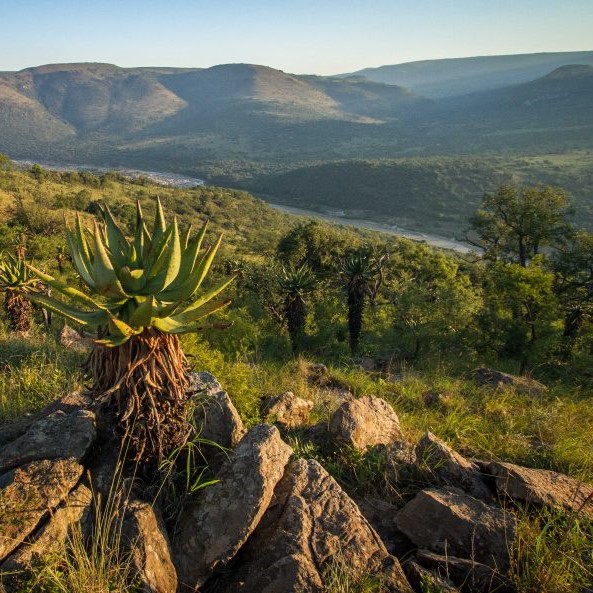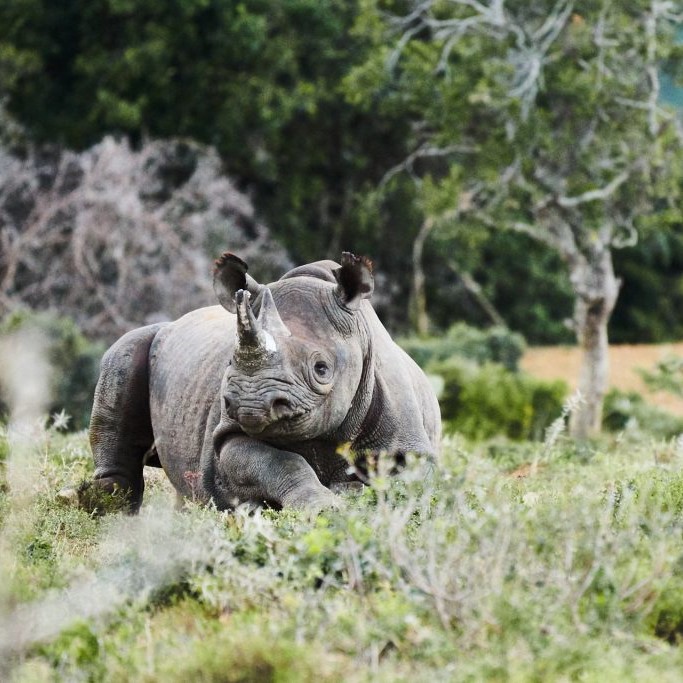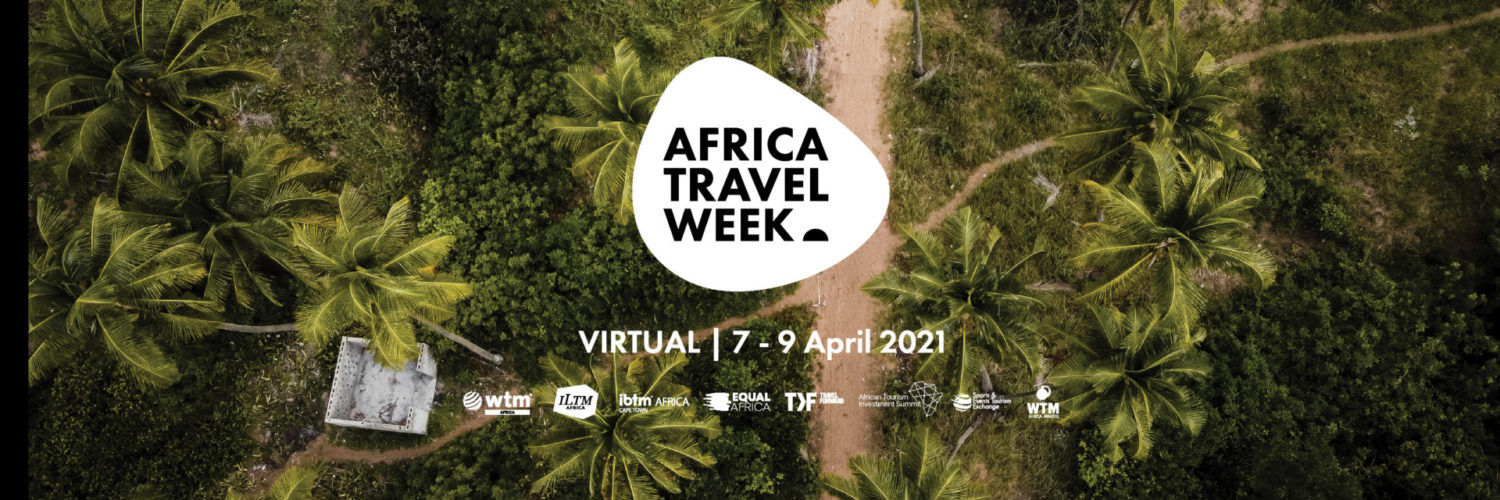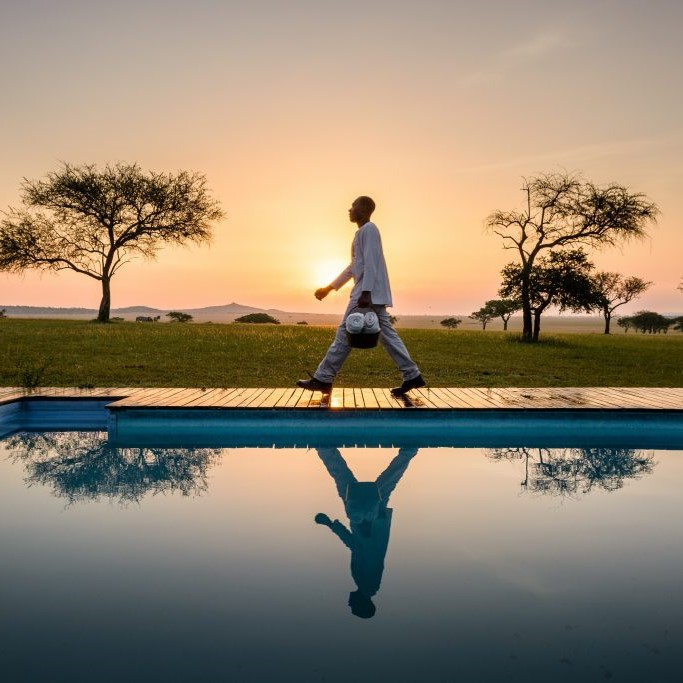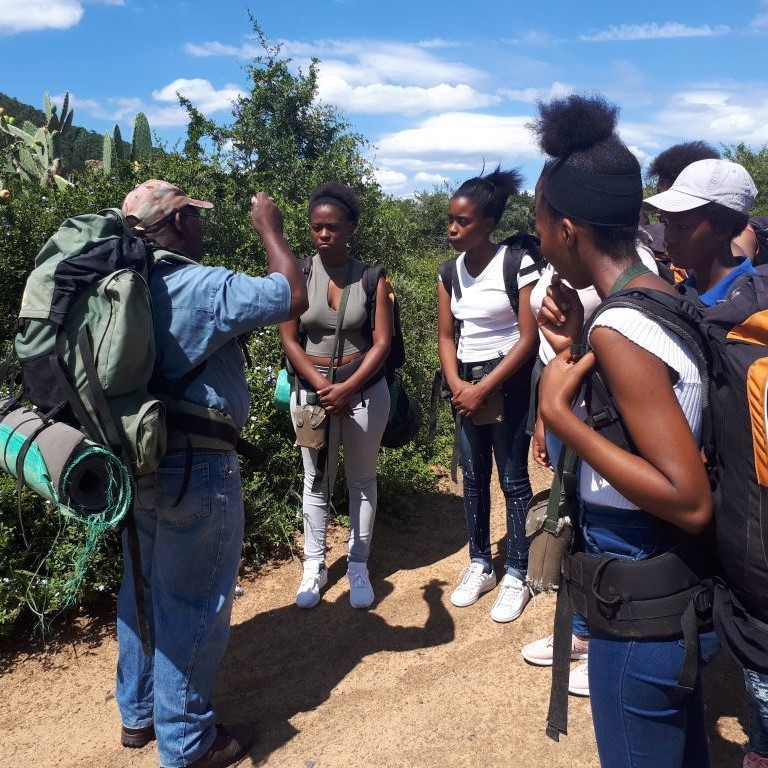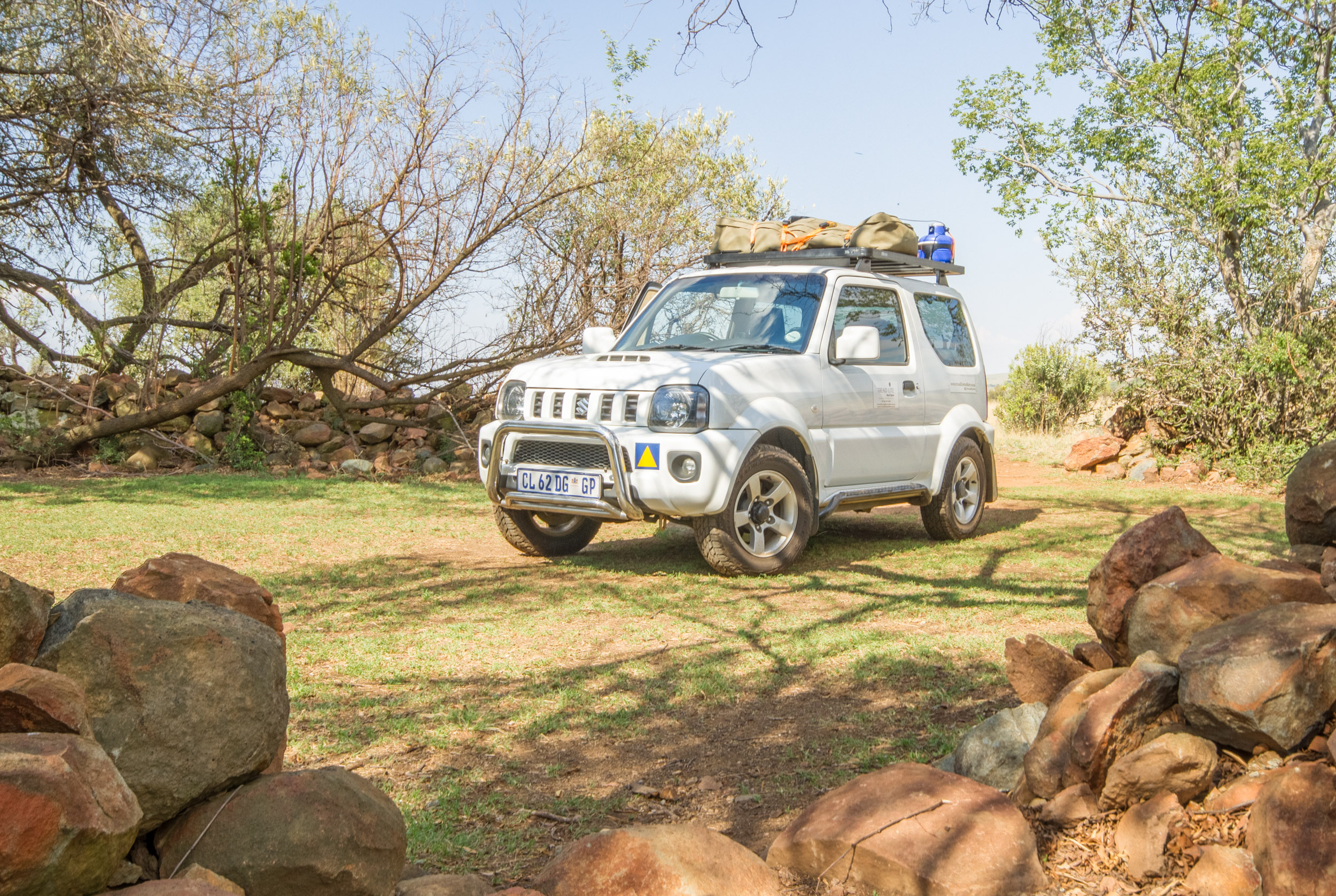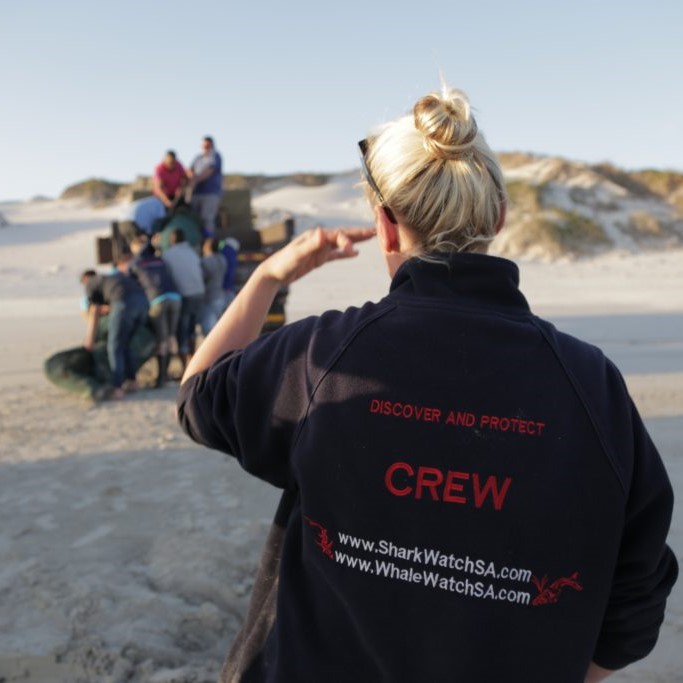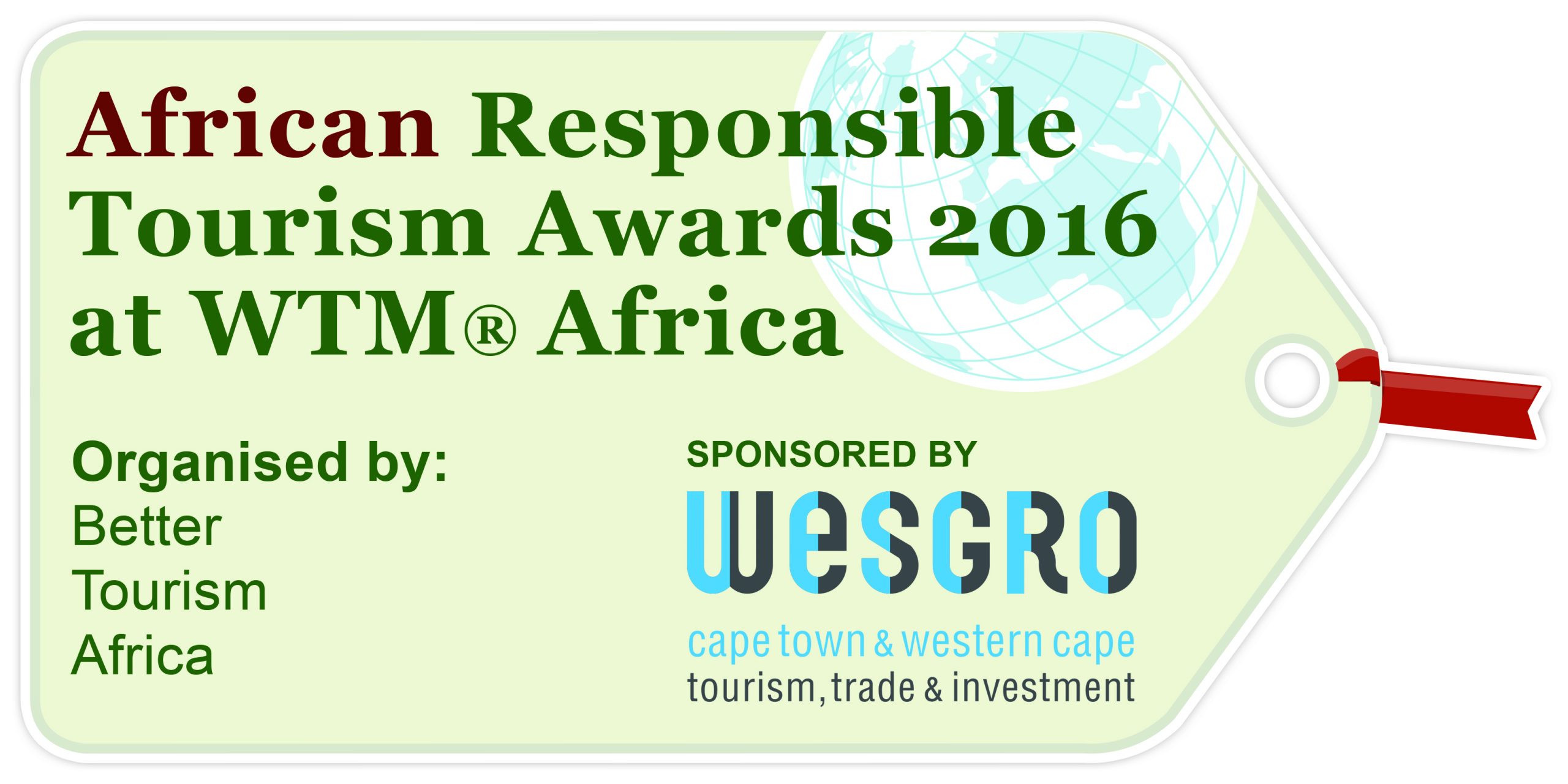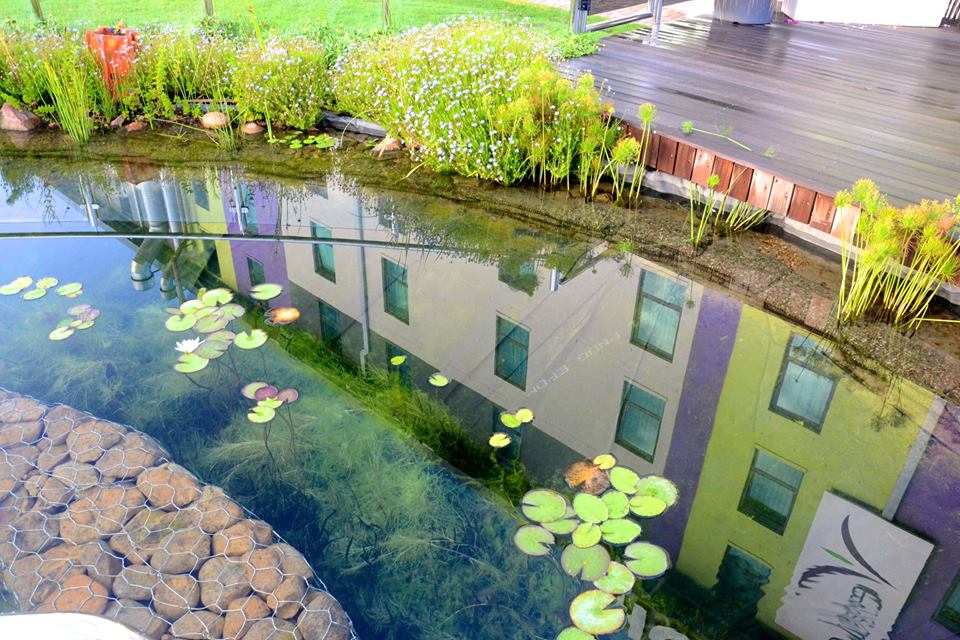Over 300 million tons of plastic is produced annually, half of which goes into single-use items such as shopping bags, cups and straws.

More than 8 million tons of this waste ends up in our oceans, to the detriment of marine wildlife. Microplastics – plastics which have broken down into granules 5mm or less – exist in every body of water on the globe. They come from cigarette filters, textile fibres, dust from vehicle tyres, and every piece of plastic that is used and then tossed away. They are in the air we breathe, in the food we eat and in our own digestive systems.
The production of plastic is a significant environmental burden. More than 99% of plastics are produced from oil, natural gas and coal. Around 4% of all greenhouse gases produced can be attributed to plastic production (that is equivalent to twice that of the aviation and shipping industries).

We can’t turn back the clock, but there is a compelling argument to revisit how we think about plastics. We can and must set out to find solutions to problem plastics – to reduce the demand for plastics where innovation substitutions can be developed; to shift human behaviour to be more mindful in our day-to-day activities; to develop clean and environmentally kind alternatives.
The Plastics Innovation and Circularity Challenge is a part of that movement for change. The Challenge, a joint venture of SOLVE@Waterfront; the UK-South Africa Tech Hub, an initiative of the UK Government; and Ocean Hub Africa, invited applications from enterprises working in the plastics circularity space.
The 40 entries were, through successive rounds of assessment, brought to a short list of five enterprises. On Wednesday February 22, the five shortlisted candidates for the prize pitched their innovations to a highly engaged audience as part of Ocean Hub Africa’s annual innovation summit, Ocean Innovation Africa (OIA).
The five candidates were:
Akili Community Evolution works to provide greater access to the power of computing and digital making, while engaging with pertinent environmental challenges of e-waste and plastic waste countrywide. Akili’s goal is affordable and sustainable computing for everyday needs.
CRDC takes any kind of plastic waste, across all 7 resin grades, and converts it into aneco-aggregate which can be used in almost any concrete product or application, both structural and non-structural.
Infinite Streets, a product development, graphics 2D & 3D printing company, upcycles plastic waste to create kitchenware, furniture, sneakers, fabric, medical and engineering industry parts. Its app tracks the plastic from waste-picker to final product, raising consciousness about the value chain.
Lilly Loompa has since 2018 been contributing to the circular economy, pioneering the way to a cleaner South Africa through innovative upcycling. The team recently started working with waste plastics.
The Litterboom Project, an established waste reclamation innovation, has started an Innovation Hub to train people from communities which experience severe plastic waste problems. Participants are equipped with technical skills to create innovative products that they take to market.
Ultimately, the winning candidate was The Litterboom Project, pitching their new innovation hub. “We are proud to have been selected from a strong group of candidates, doing equally important work for our environment and country,” said Cameron Service, CEO and Founder of The Litterboom Project. “We look forward to creating impact with our wastepreneurs and exploring commercial opportunities for post-consumer waste innovation.”
Runner up was Akili Community Evolution. “Being recognised for our environmentally friendly innovative computer, the Akili, is a significant accomplishment for our start-up,” said the “incredibly grateful and honoured” founder, Andile Mtshali. “It will give us the added boost and exposure we need to take our start-up to the next level and create a lasting impact on the environment. This recognition inspires us to work harder towards positively impacting the environment and building a brighter future for our planet.”
Speaking while the judges deliberated, British Consul General Colin Leeman explained that the role of the UK-South Africa Tech Hub is to contribute to South Africa’s growth as a centre of tech – to bring together the excellence that exists in the UK sector, with “that energy and enthusiasm from people who work in tech, or who could work in tech, in South Africa”. He also told the audience that the world’s most polluted beach – on British territory Henderson Island, one of the remote Pitcairn Island group in the South Pacific – has, although It lies in a marine protected area, 700 pieces of plastic per square metre of the beach. “The fight against climate change,” he said, “is the biggest issue in the world today.”
“There is a lot of discussion around education, changing behaviour and regulation, and these are important drivers of change,” said Alexis Grosskopf, founder of OceanHub Africa. “But perhaps the best way to implement change, to see the change, is through businesses. We need to disrupt the system, to disrupt the way we do business. Entrepreneurship – people working in communities, with communities, leveraging technology in creating circularity – is perhaps our best shot at curbing the plastic issue.
“As we heard at OIA earlier today, there cannot be any economic growth discussion without a plastic discussion.
“Running this challenge has been inspiring,” said Heather Parker who leads the project for SOLVE@Waterfront. “Through the 40-odd entries we received from all over the country, we’ve ‘met’ dozens of enterprises that are doing important, meaningful, often innovative work to sensitise communities about the impact of problem plastics, and the value embedded in waste. Together, they are taking meaningful volumes of waste out of the environment, and adding significant value through upcycling initiatives.
“We feel very hopeful.”
“The V&A Waterfront has long been committed to addressing the challenge of problem plastics,” said Waterfront CEO David Green. “We aspire, ultimately, to be a plastic-free precinct, through incrementally working with partners across our ecosystem to find realistic, cost-effective, achievable alternatives. We welcome this collaboration with UK-South Africa Tech Hub and Ocean Hub Africa as a step towards this admittedly ambitious goal.”
The Plastics Innovation and Circularity Challenge is a joint venture of SOLVE@Waterfront a department of the V&A Waterfront tasked with amplifying its positive social and environmental impact; the UK-South Africa Tech Hub, an initiative of the UK Government; and Ocean Hub Africa, an ocean-impact catalyst with a mission to connect, inspire and support ocean-minded initiatives. This is its first year.




